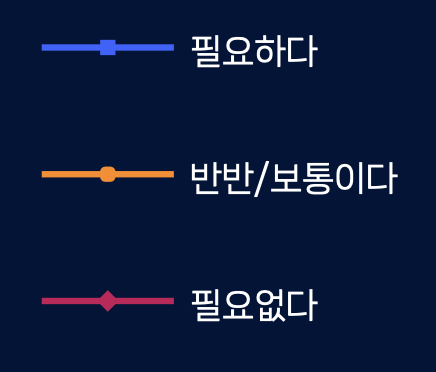Jeong, Hyeok
Position : Professor, Graduate School of International Studies
Research interests : growth and inequality, Korean development experience, North Korean economy, demographic transition, science and technology innovations, smart city urban development, macroeconomic dynamics of land and housing, firm dynamics and international trade, higher education reform
Hyeok Jeong, Ph.D. from University of Chicago, worked at the Economics Departments of University of Southern California and Vanderbilt University in the United States, at the National Graduate Institute for Policy Studies (GRIPS) in Japan, and also at the KDI School of Public Policy and Management in Korea, before he joined the faculty of Graduate School of International Studies at the Seoul National University in 2015, where he works now. Professor Jeong was a visiting scholar at the University of Chicago, at UCLA, and at the Institute of Empirical Macroeconomics of the Federal Reserve Bank of Minneapolis. He also worked at World Bank as a Consultant Economist and served as the Director of Development Research Division of Center for International Development at KDI. Professor Jeong’s main research interests are various areas of growth and inequality with particular focus on finance and human capital. His recent research agenda include Korean development experience, North Korean economy, demographic transition, science and technology innovations, smart city urban development, macroeconomic dynamics of land and housing, firm dynamics and international trade, higher education reform, and international development cooperation issues such as knowledge sharing and development finance to facilitate the global development. He also serves public domains by consulting Korean government and public agencies (Blue House, Office of Prime Minister, Ministry of Economy and Finance, Ministry of Land, Infrastructure, and Transport, Ministry of Unification, Bank of Korea, Export-Import Bank of Korea, and Korean Chamber of Commerce and Industry) as well as the US public agencies (National Committee on American Foreign Policy) and international agencies (World Bank, UNDP, UNFPA, OECD DAC).
- E-mail : hyeokj@snu.ac.kr
- Personal Homepage: https://sites.google.com/view/hyeokjeong
Files


















